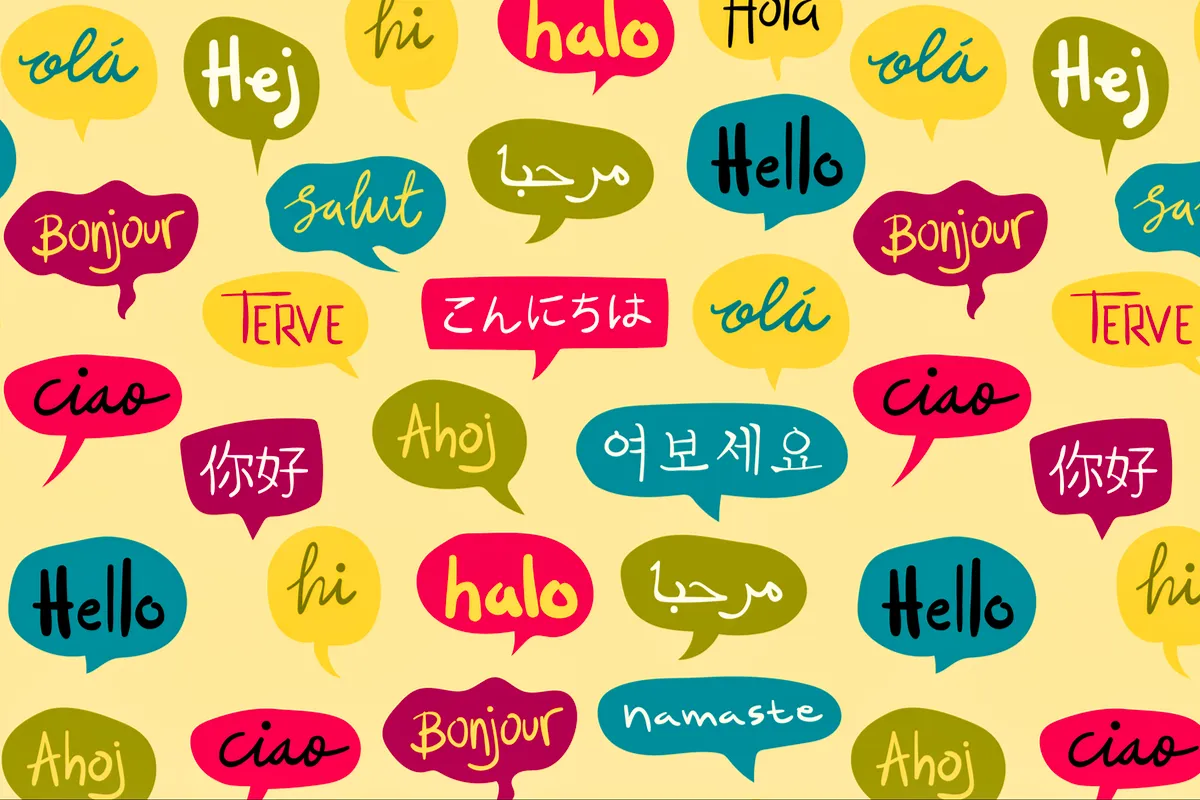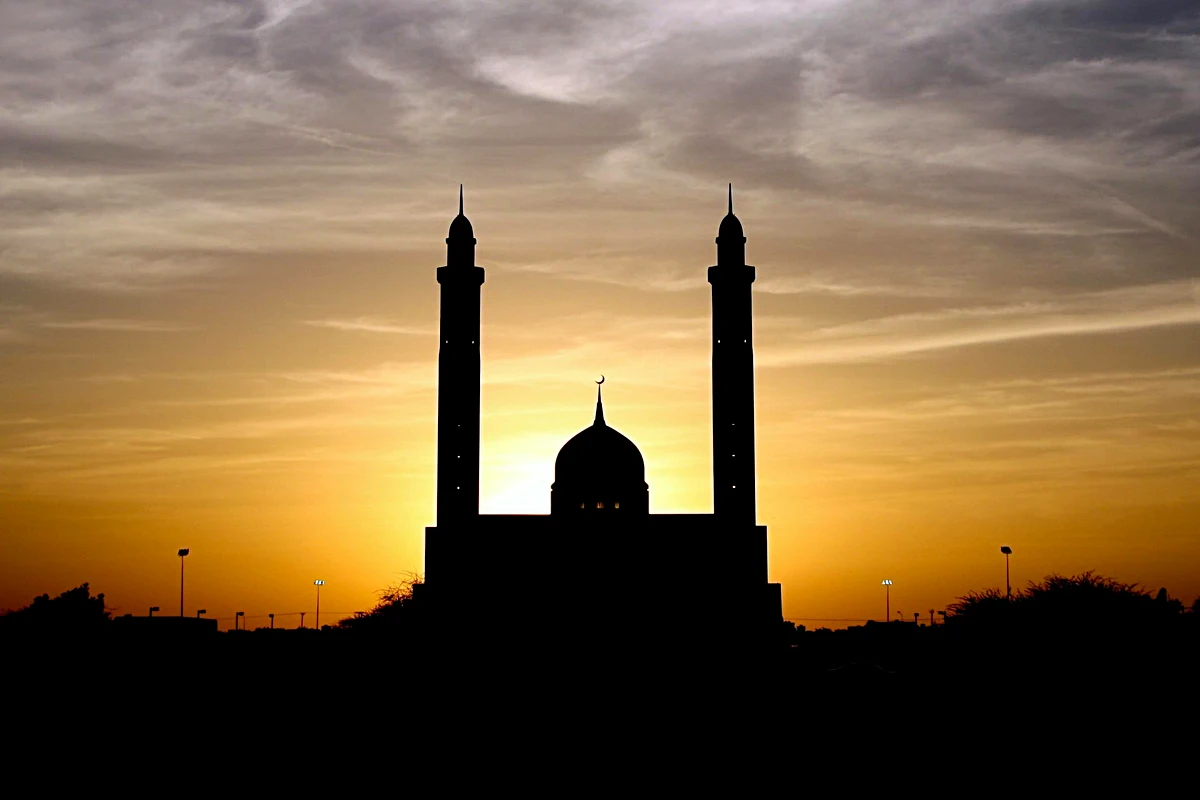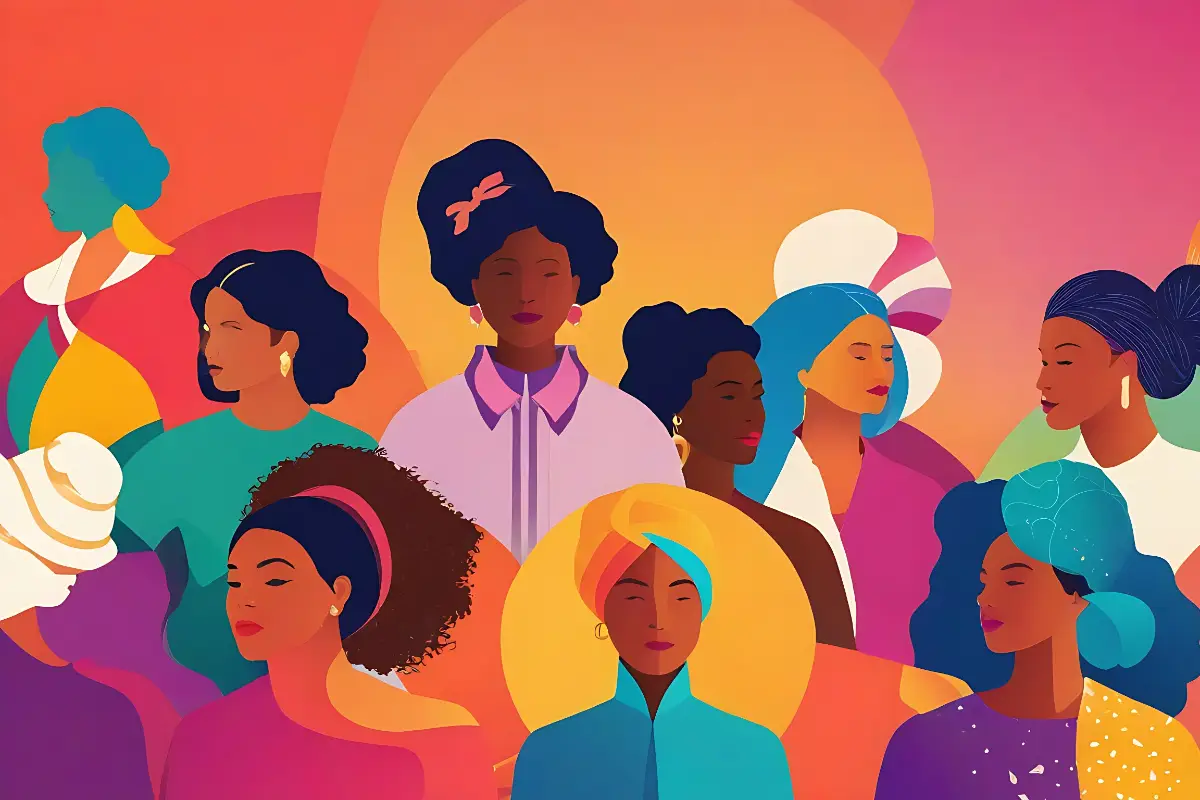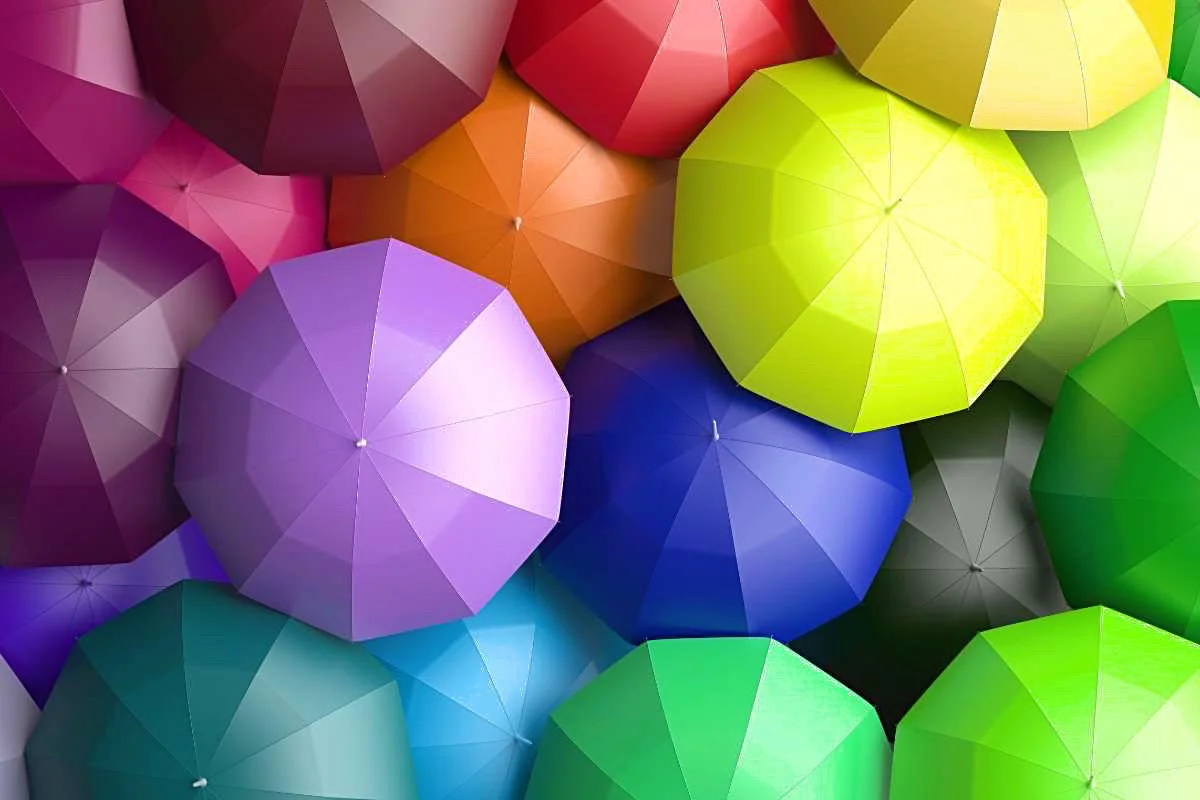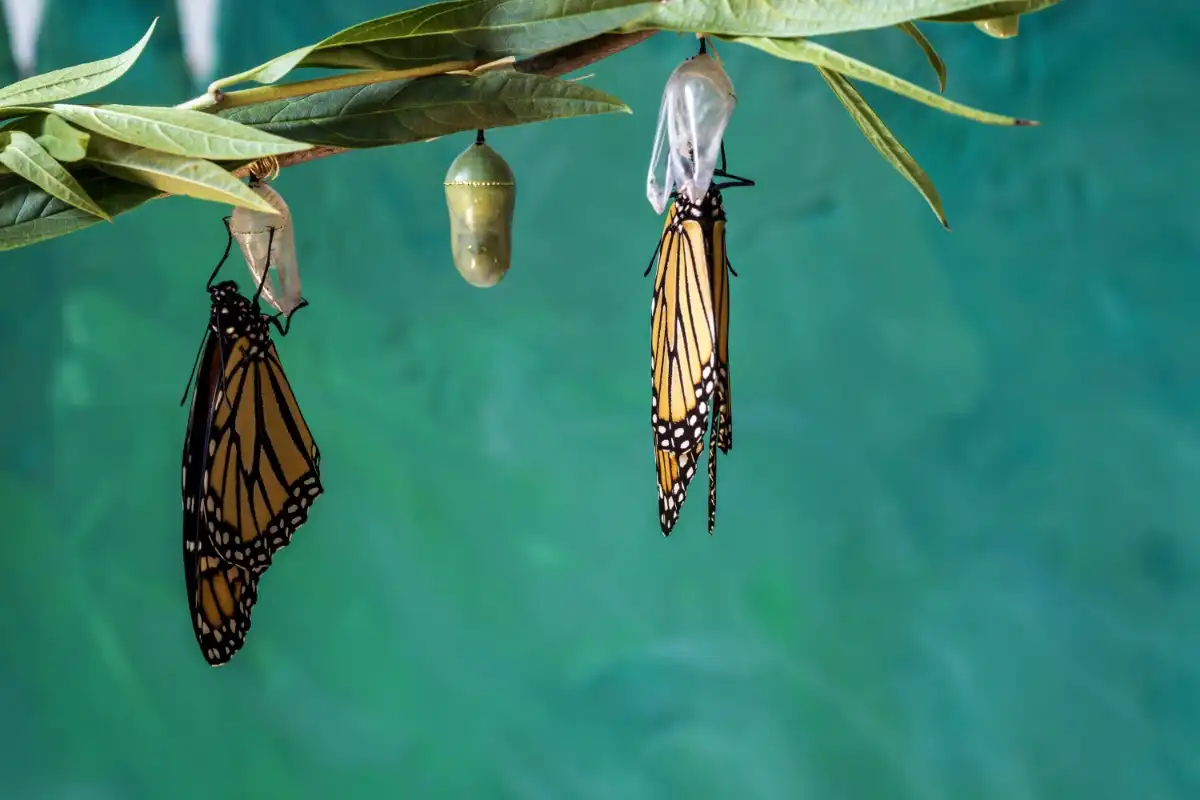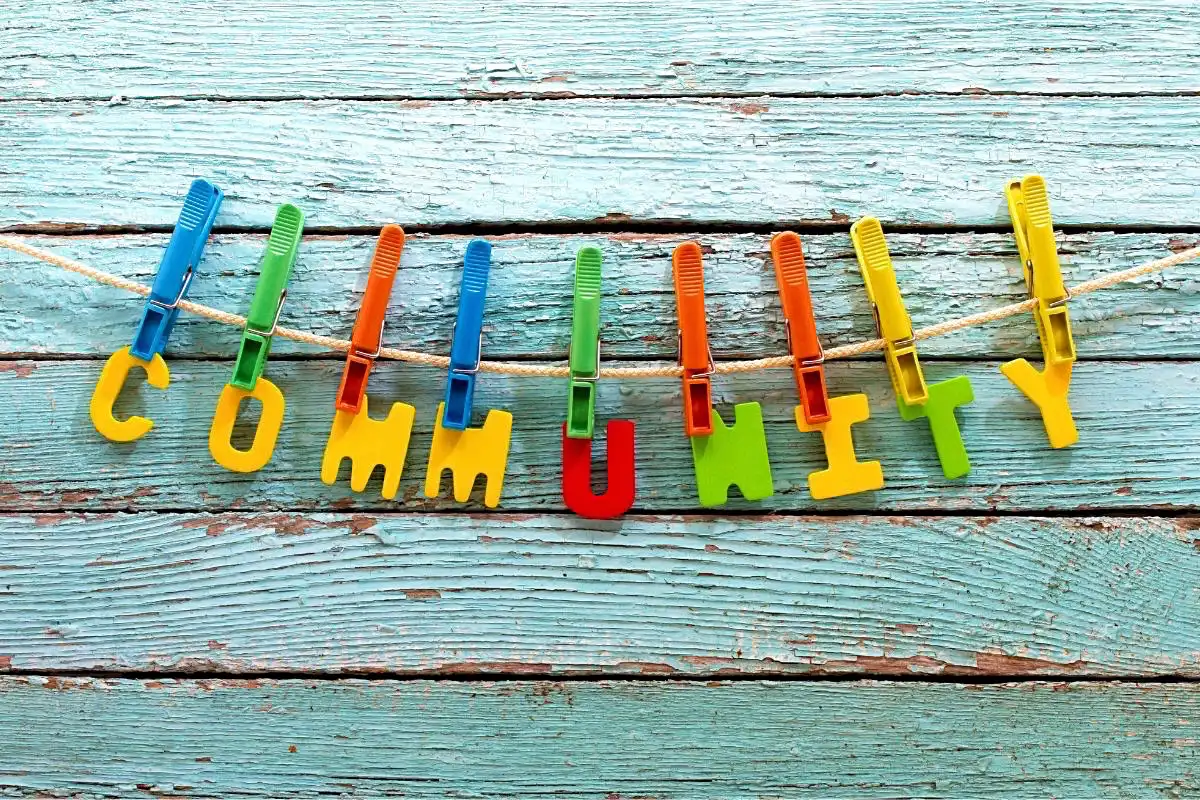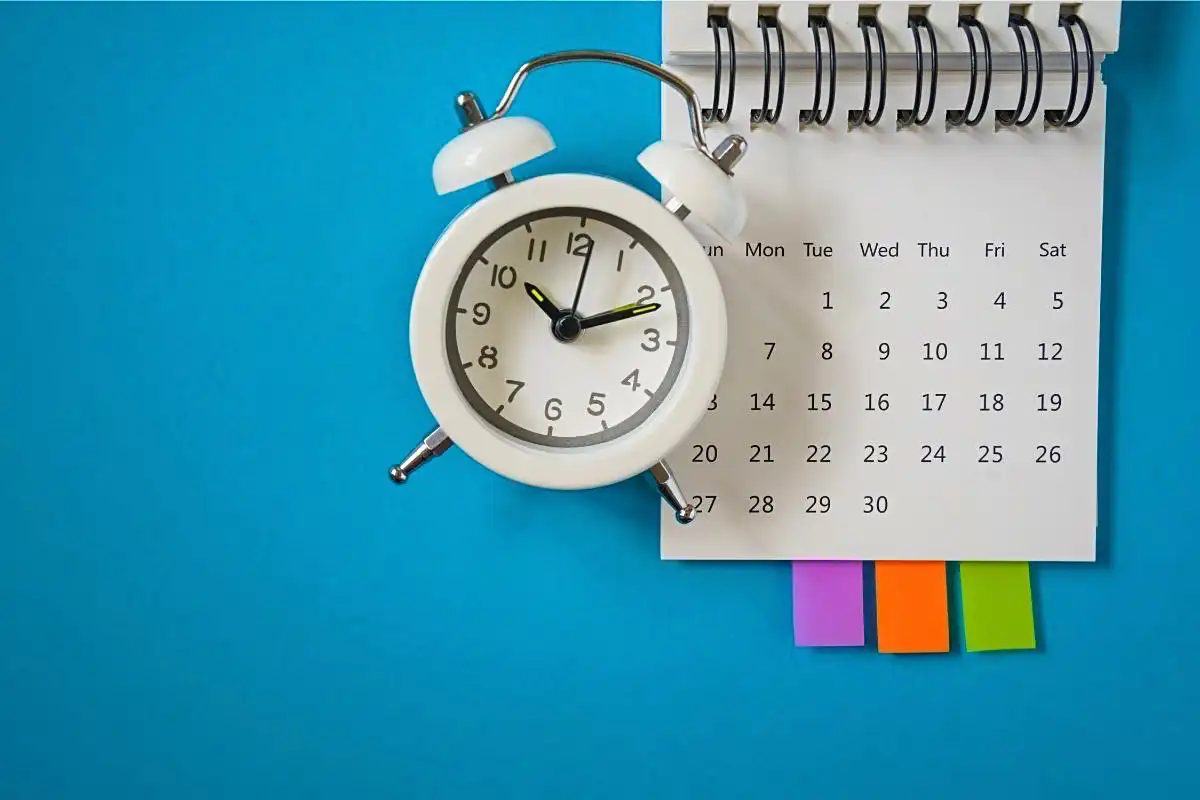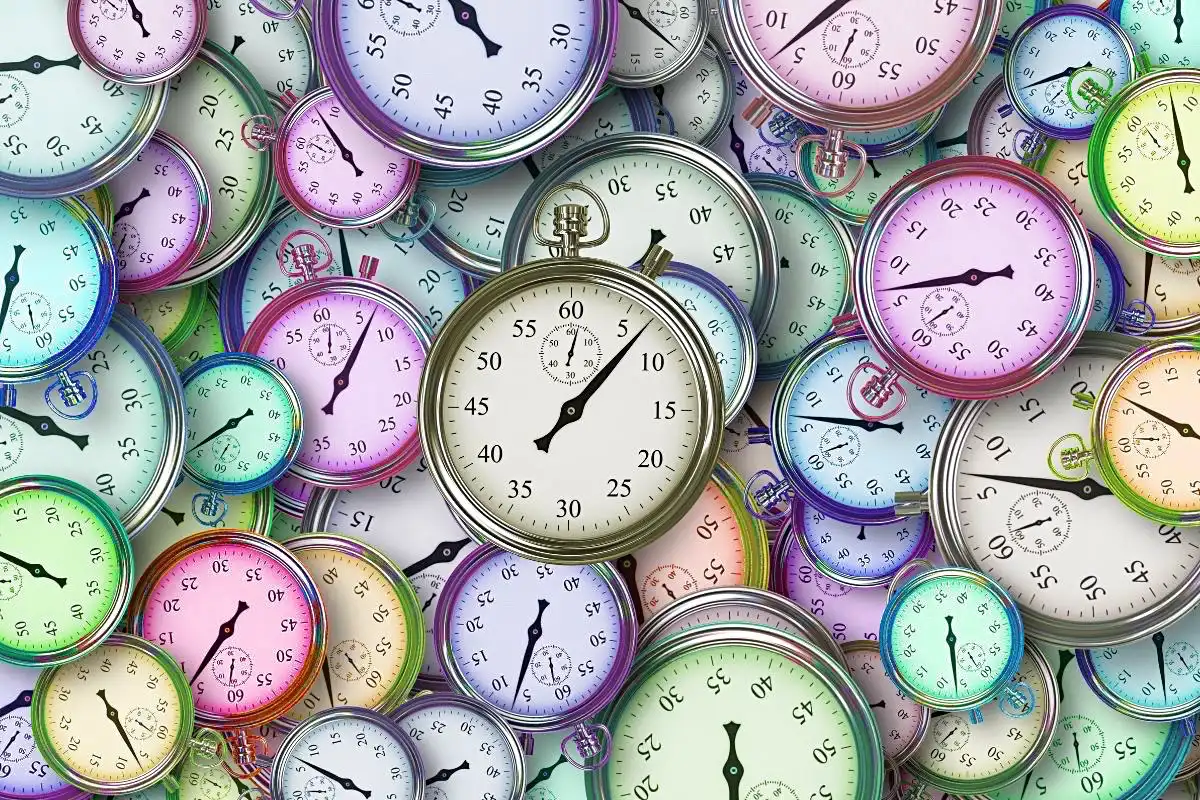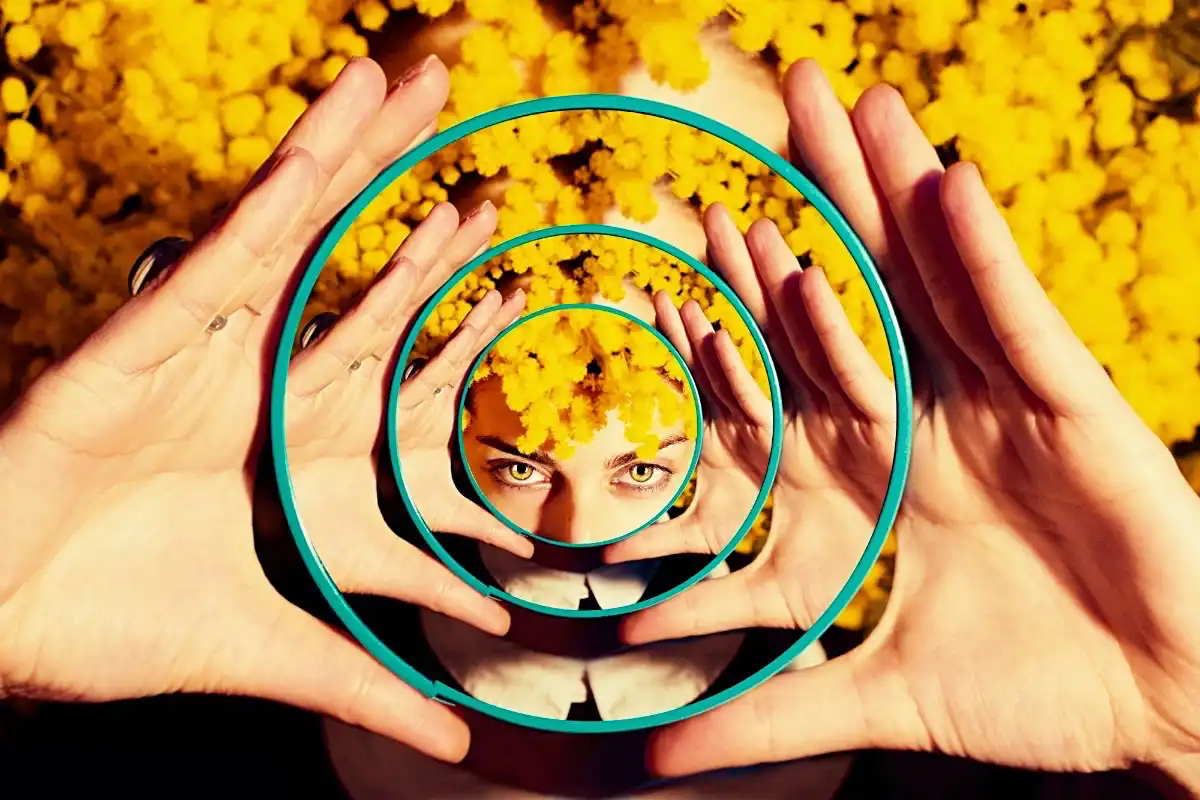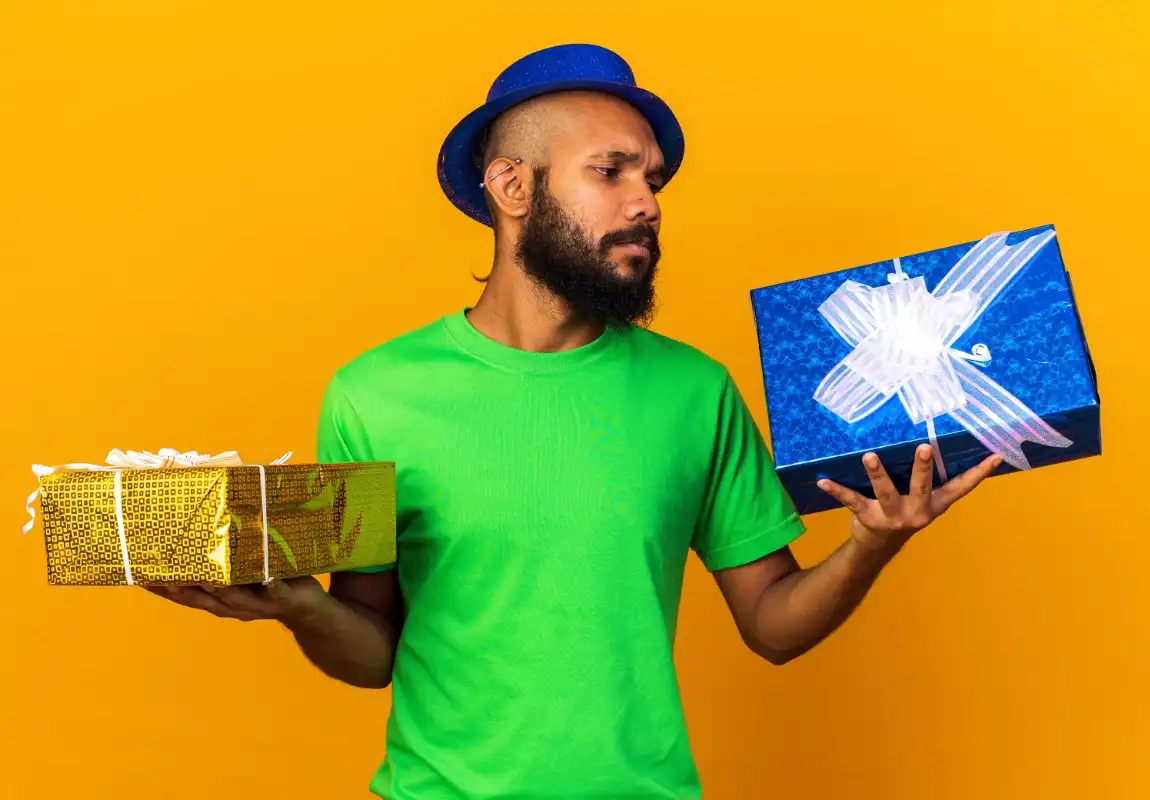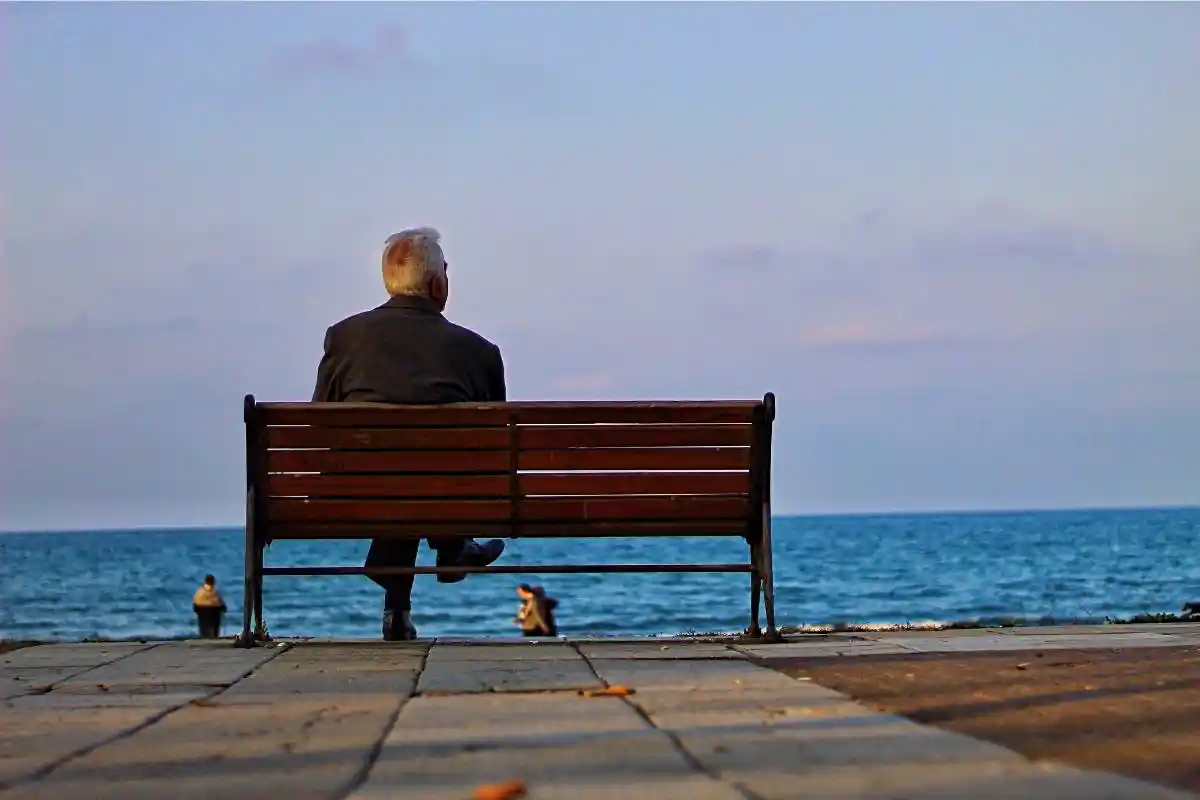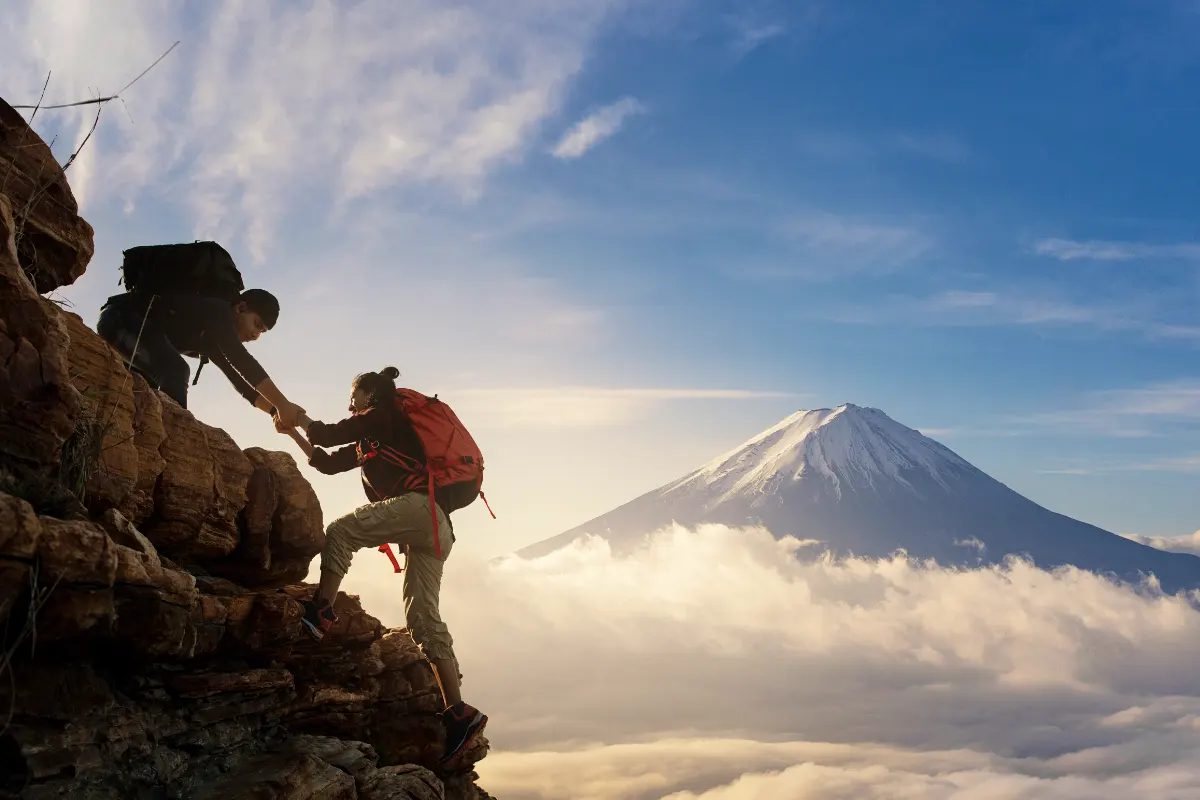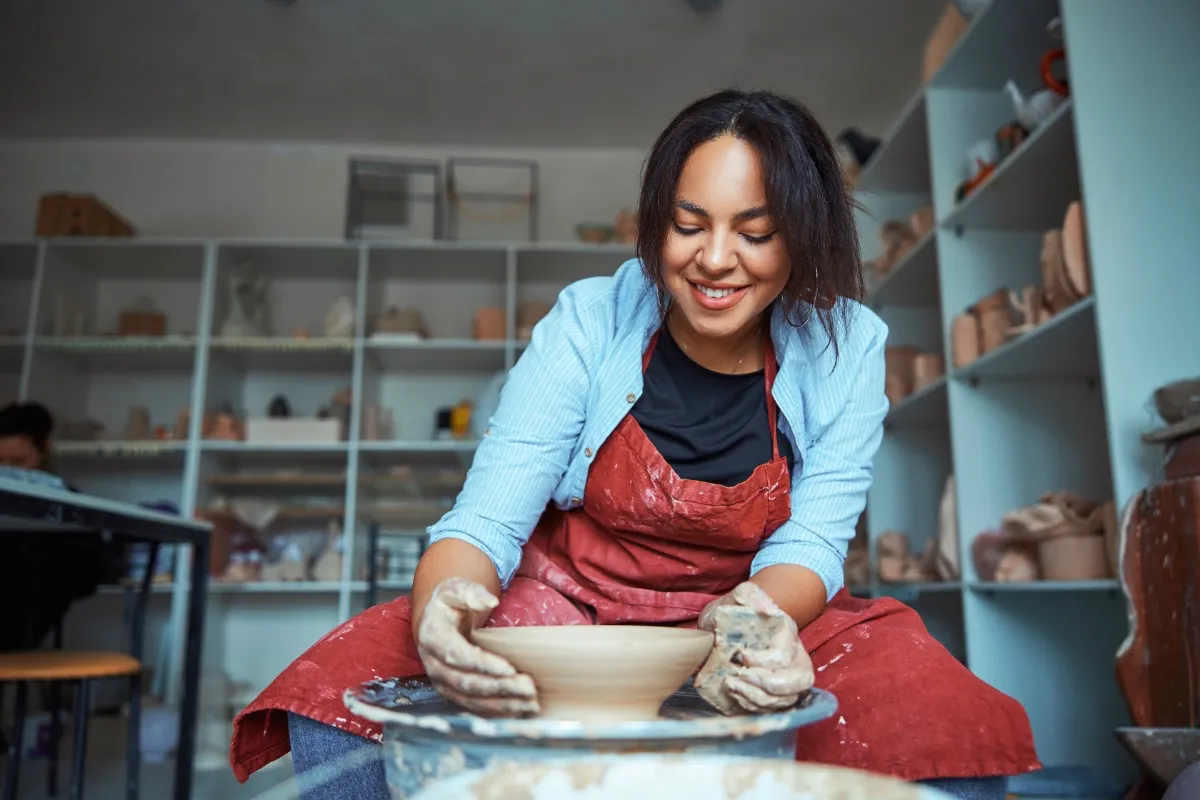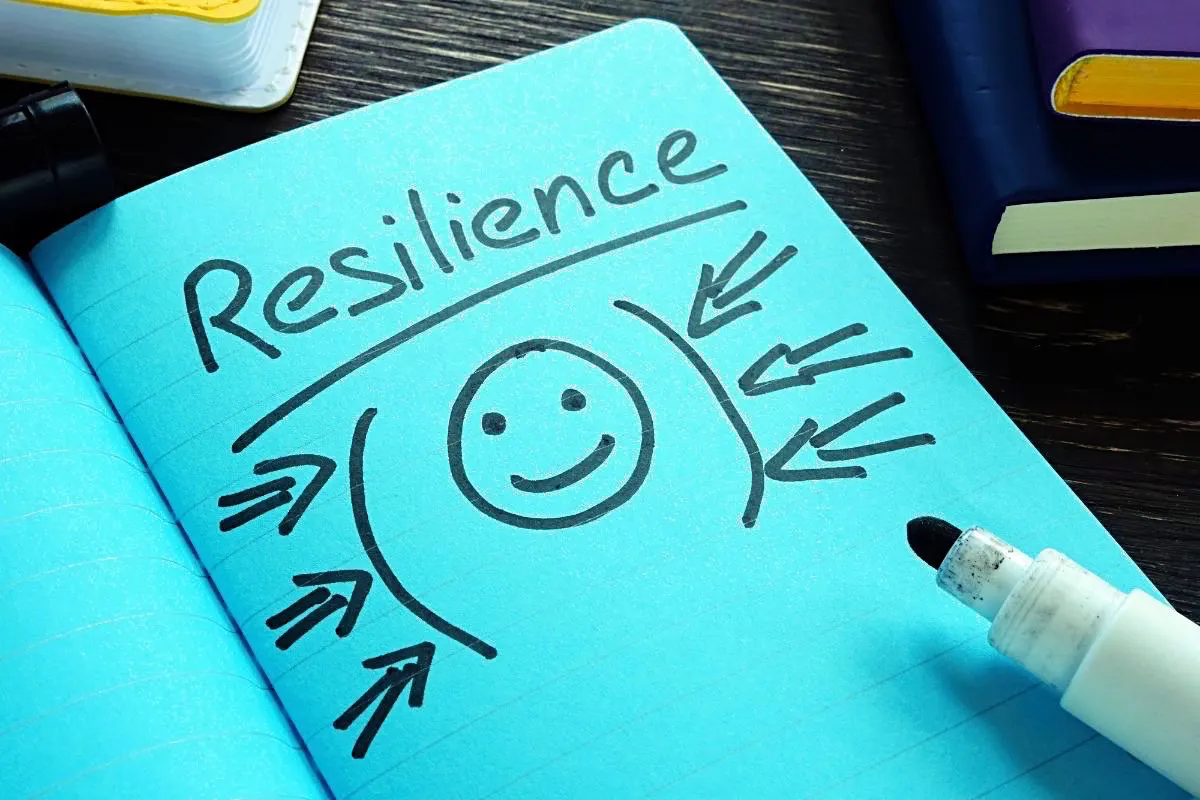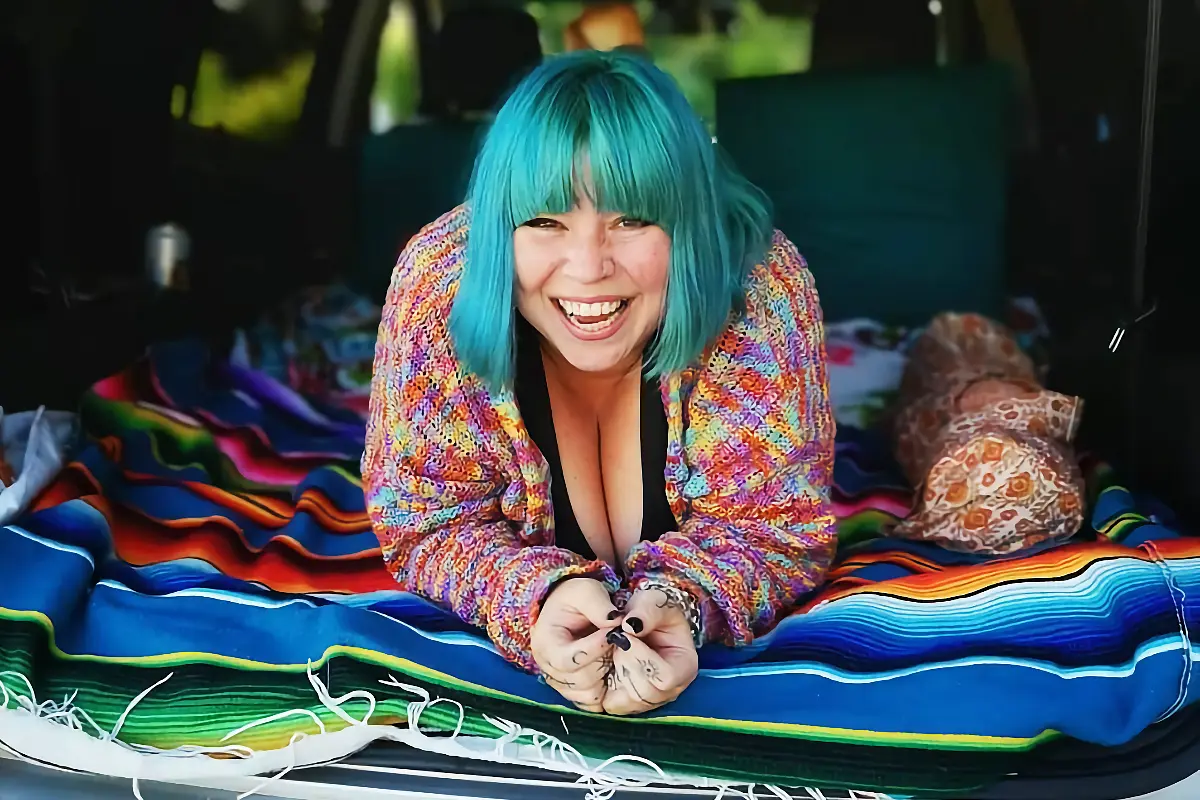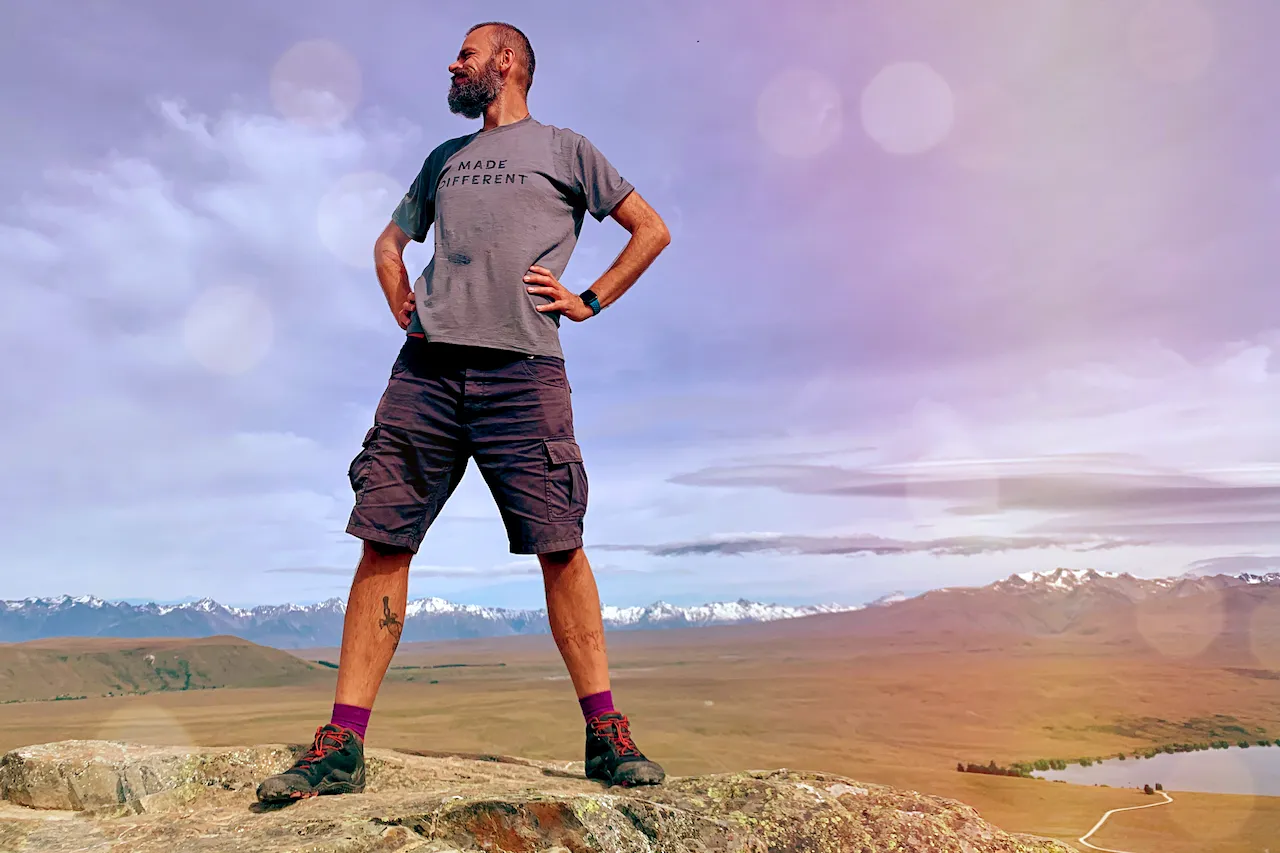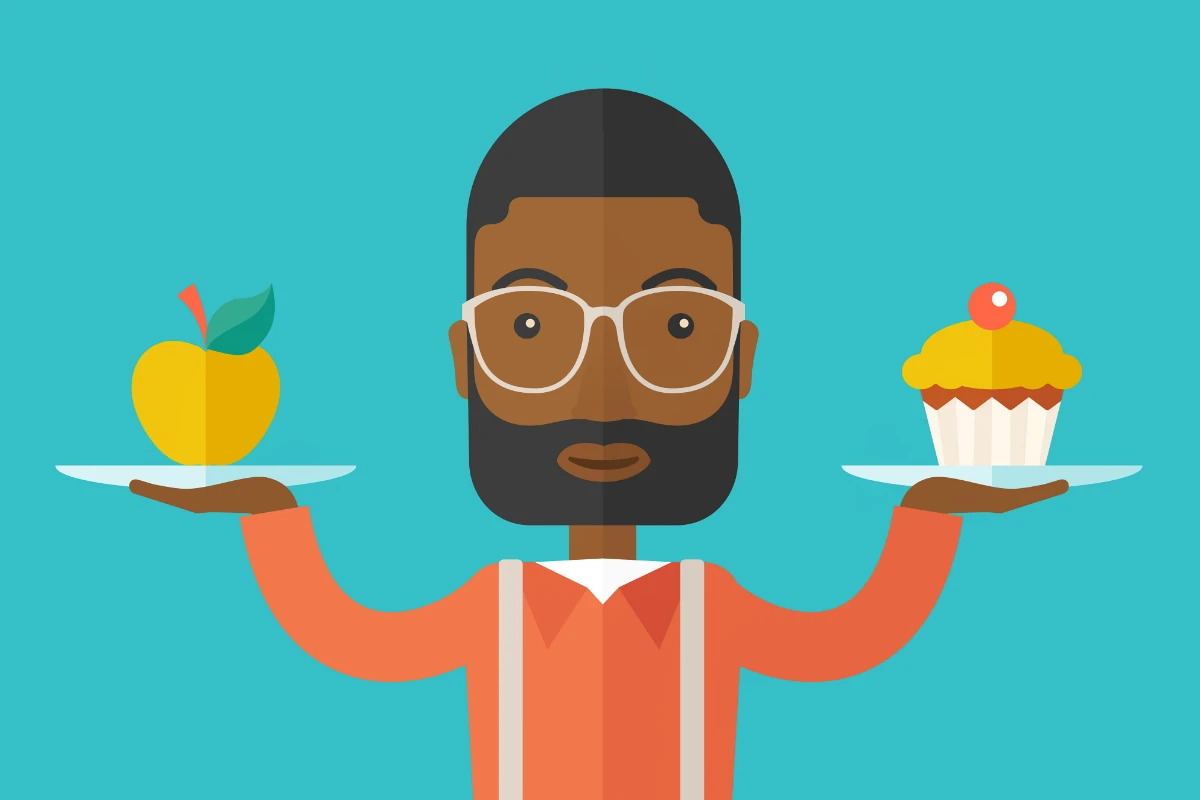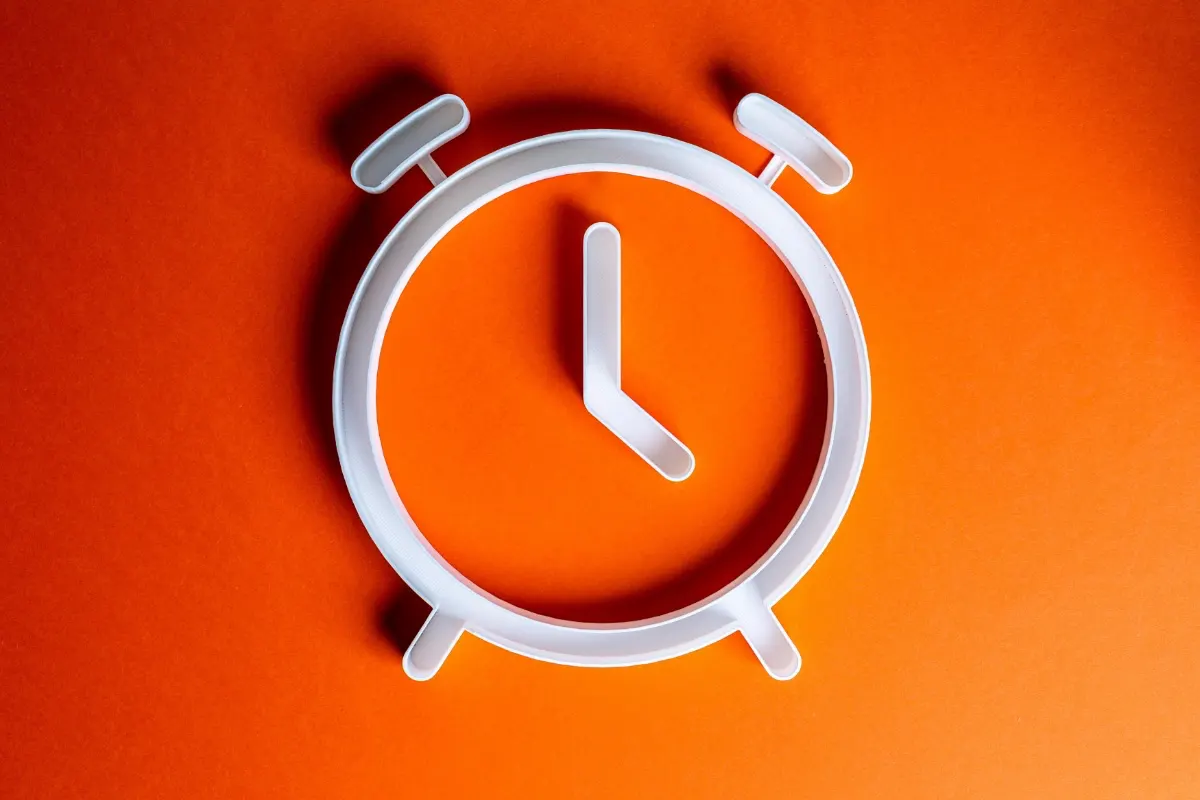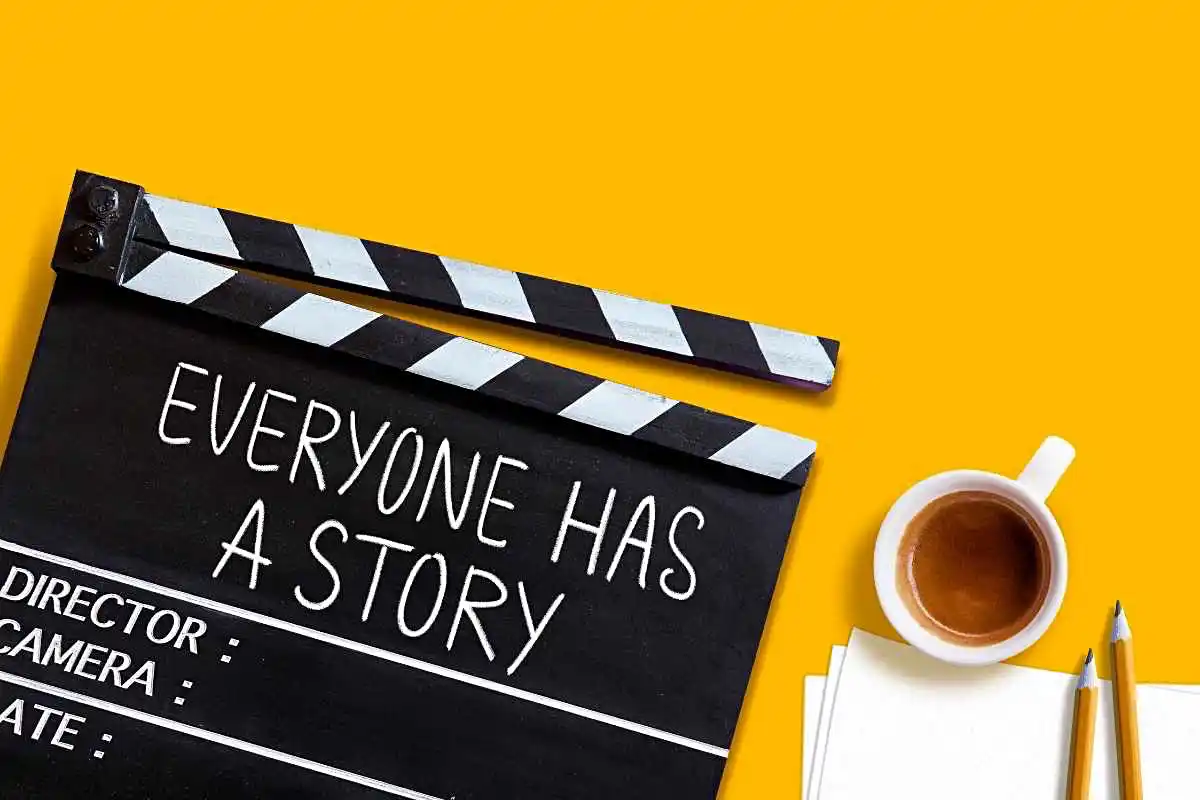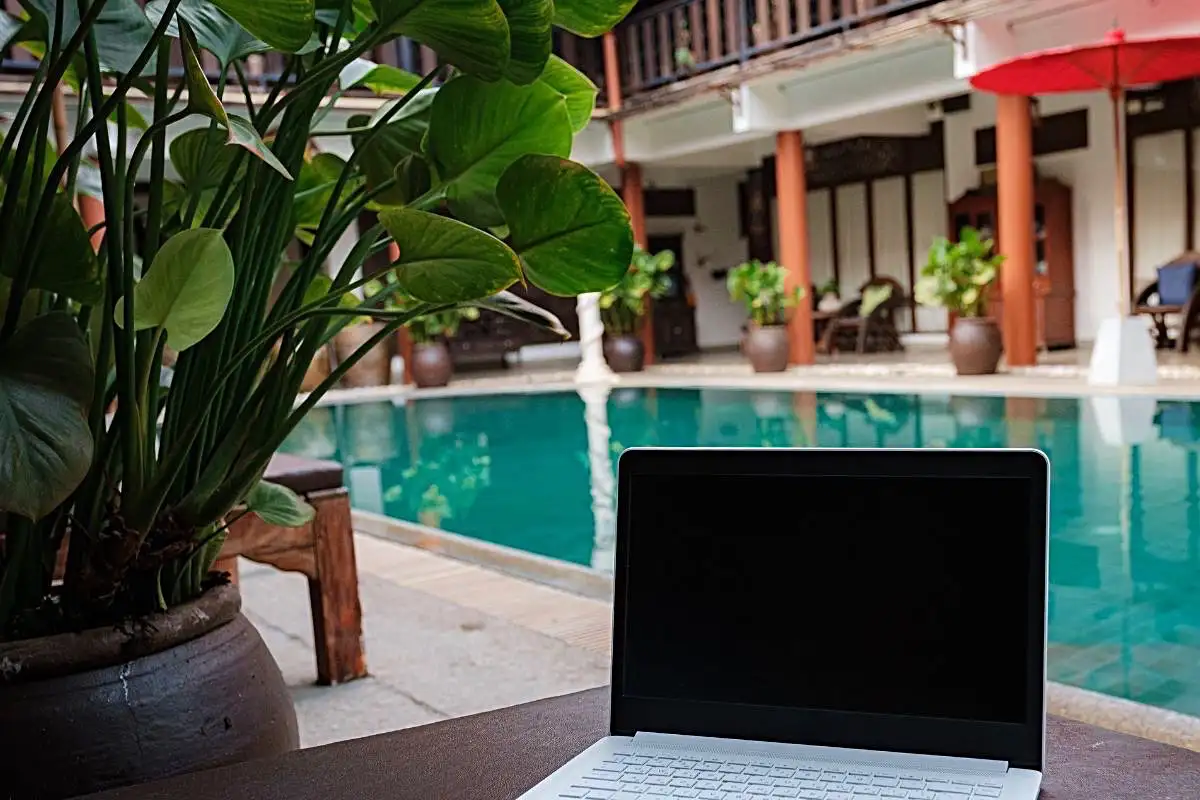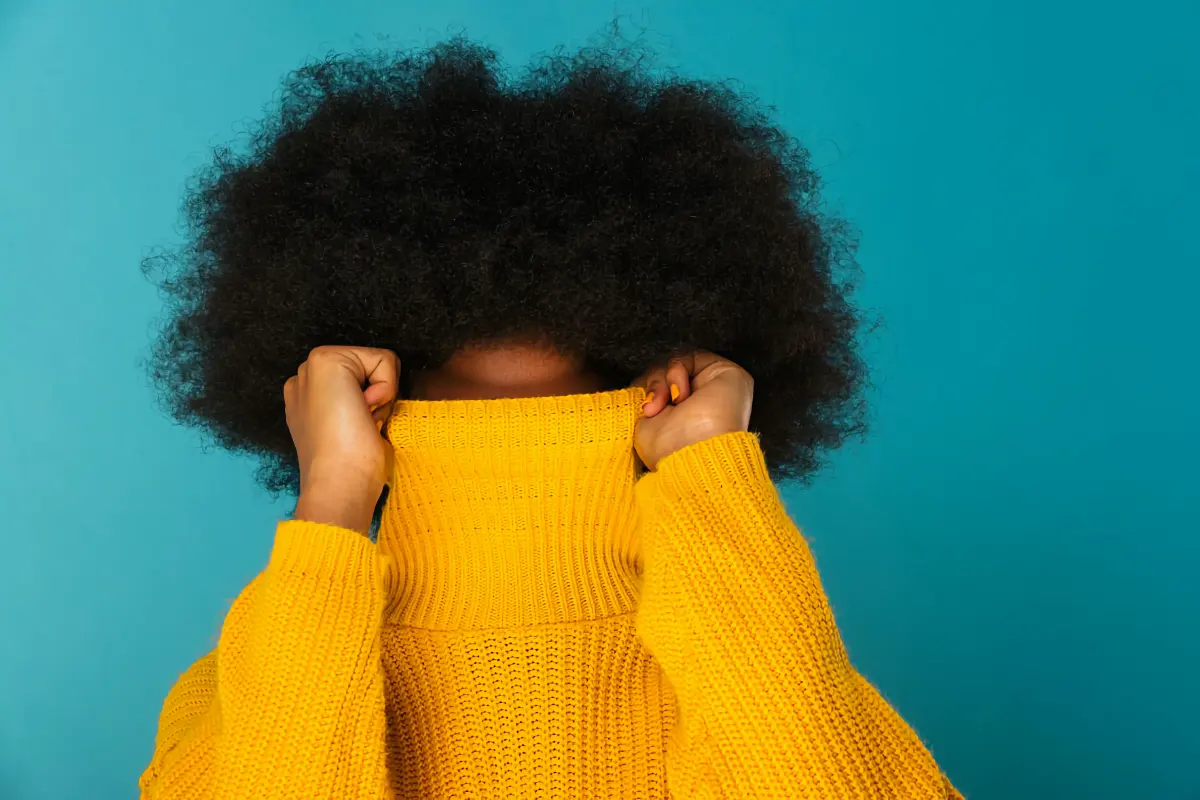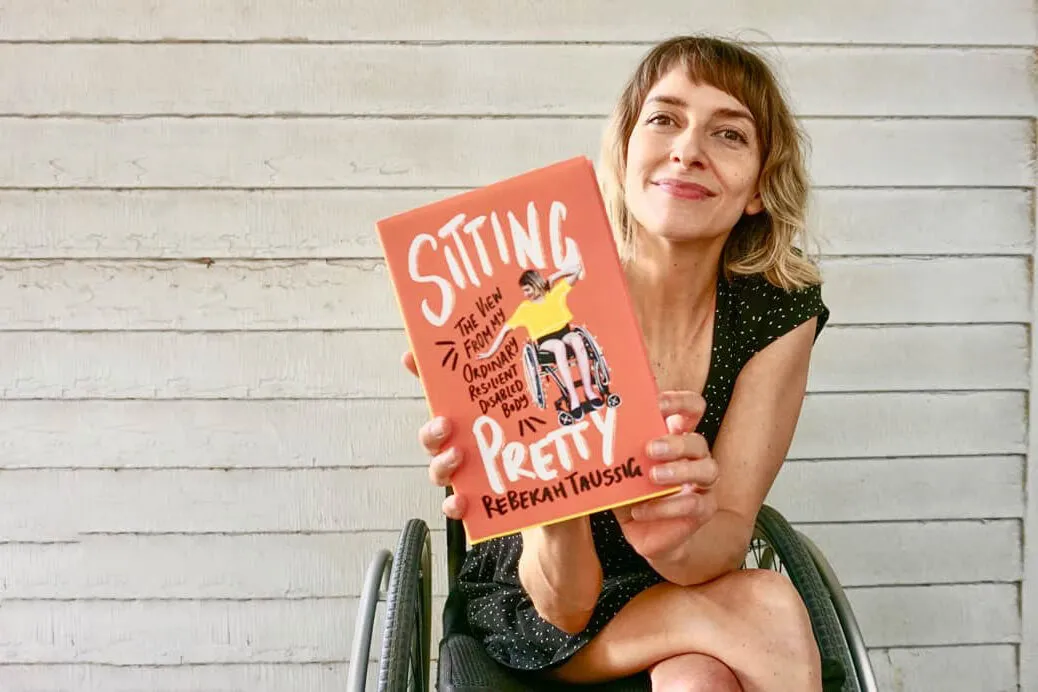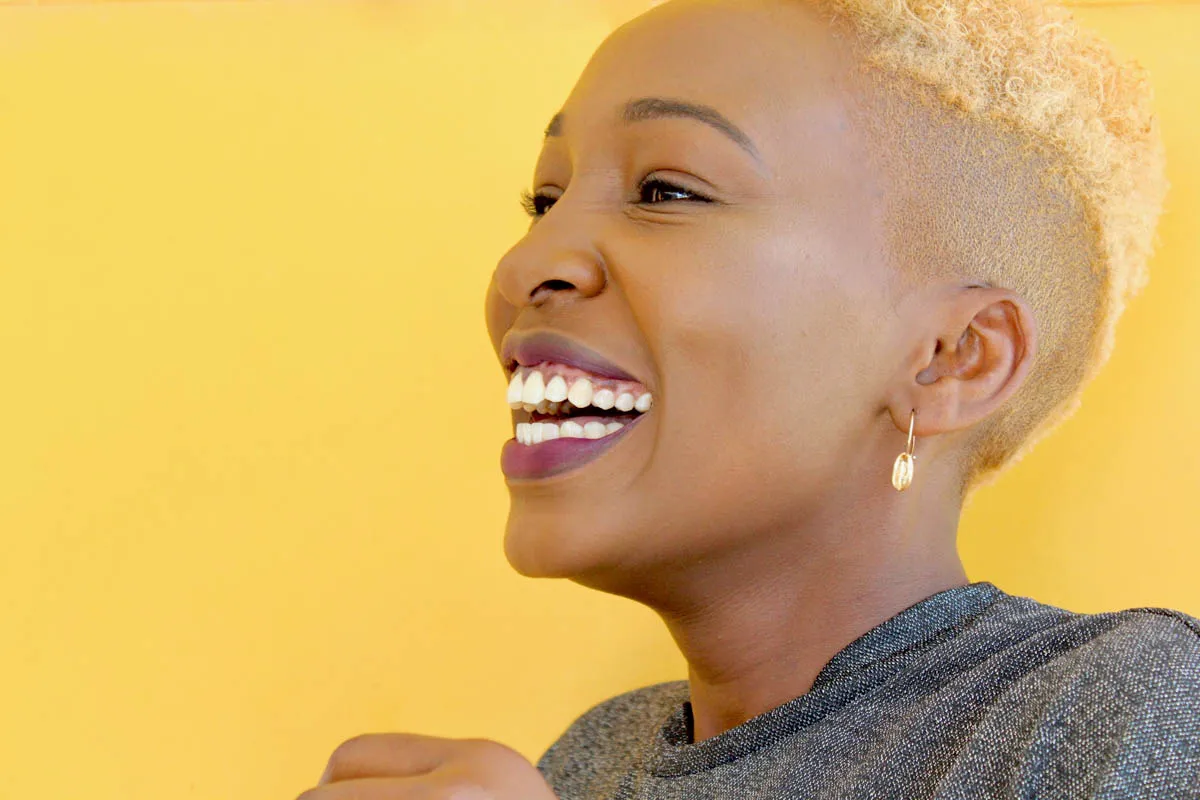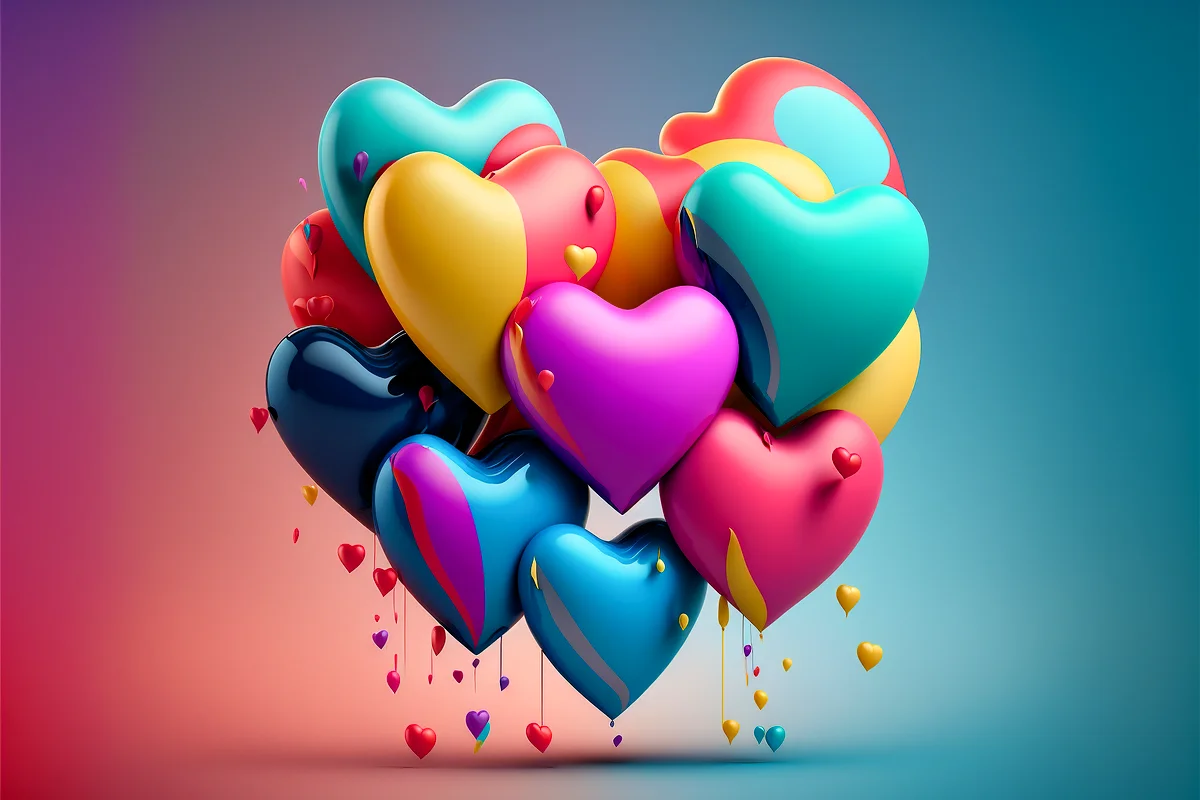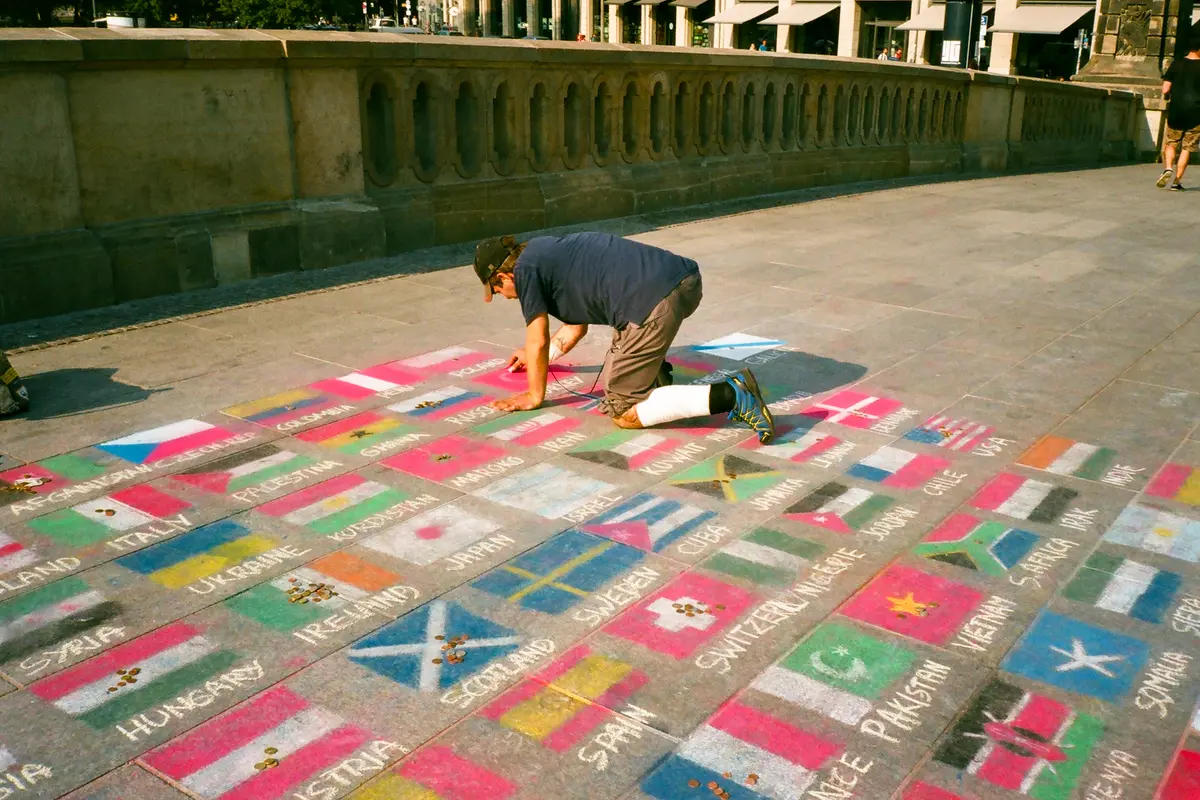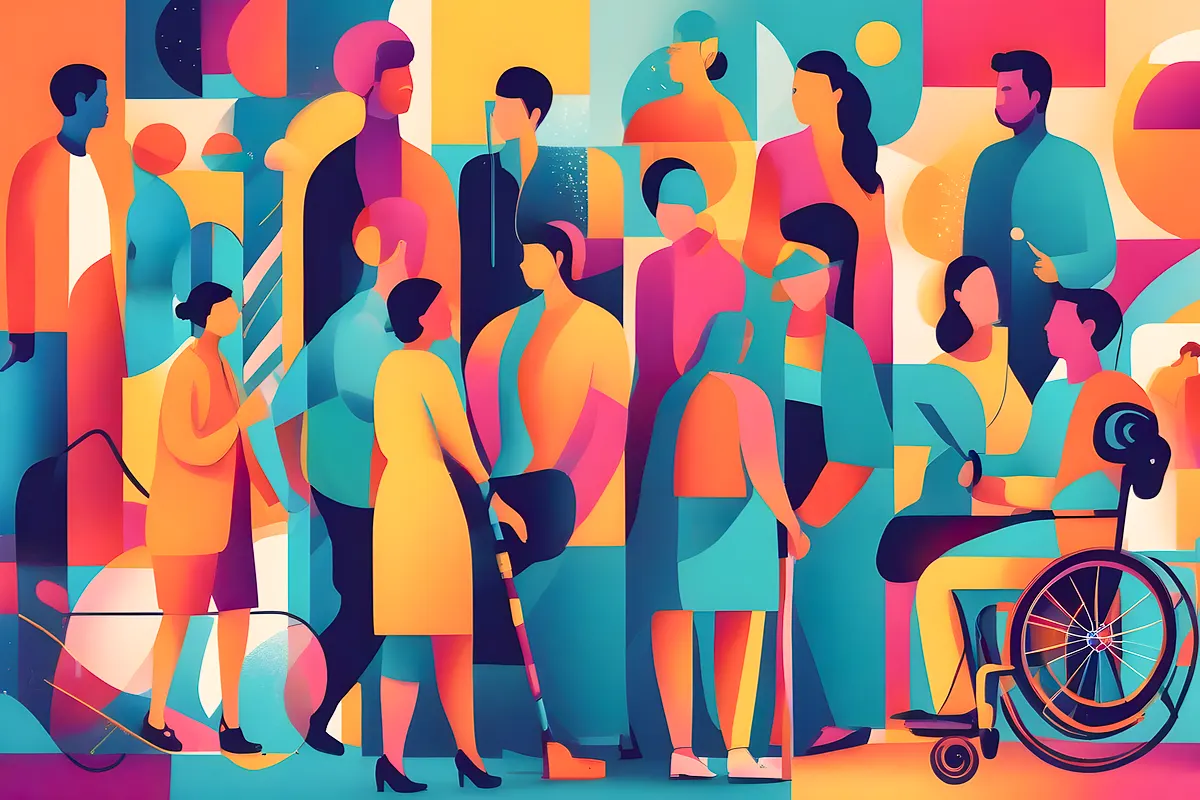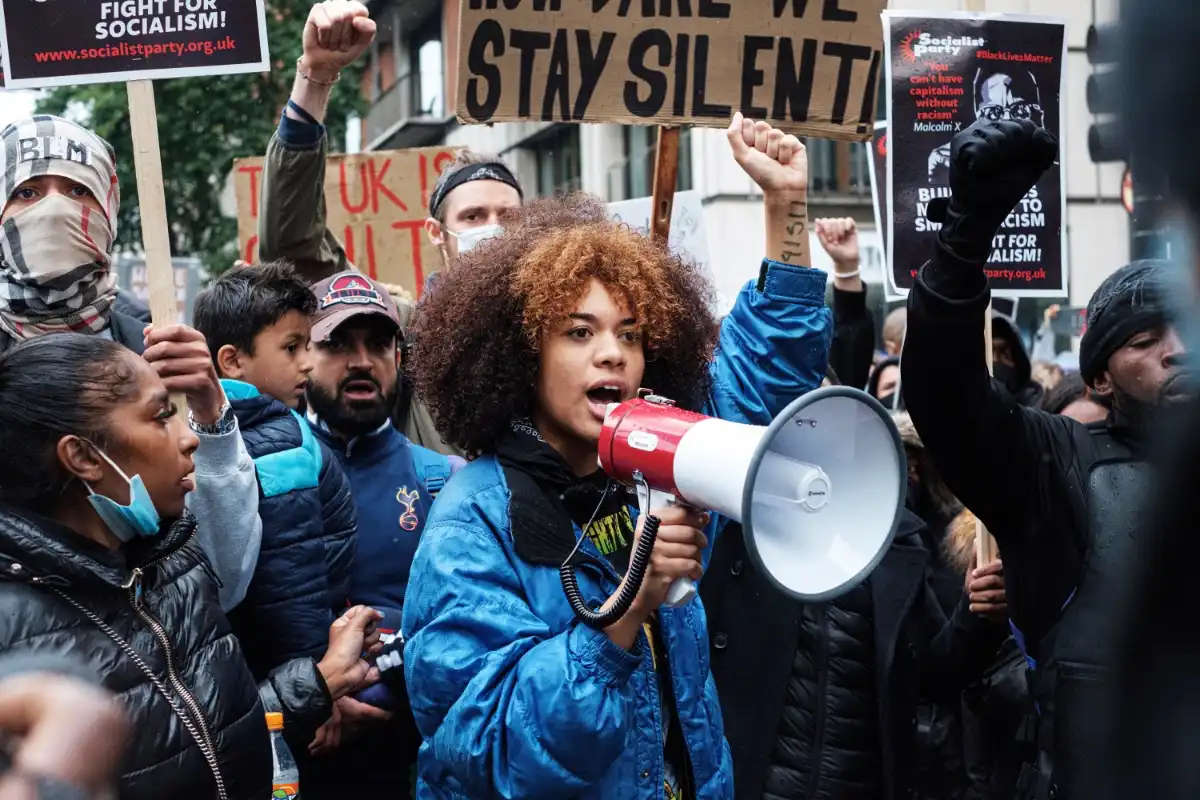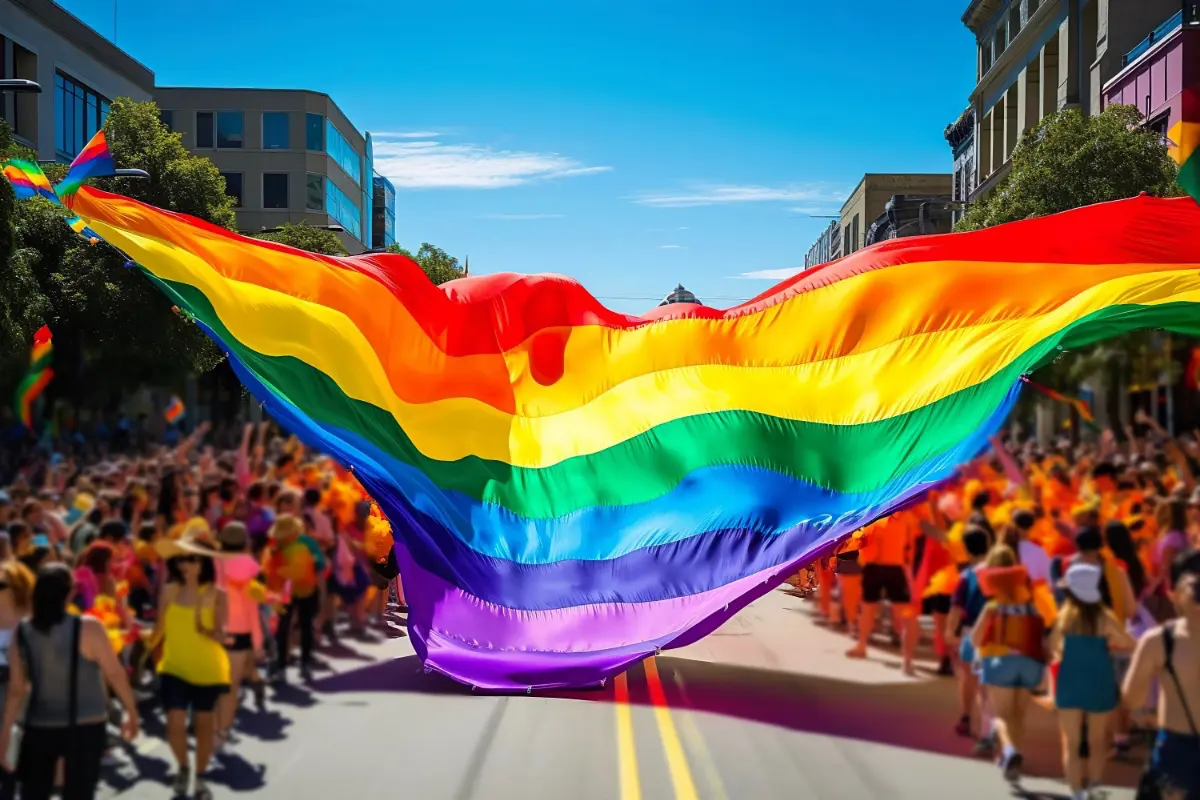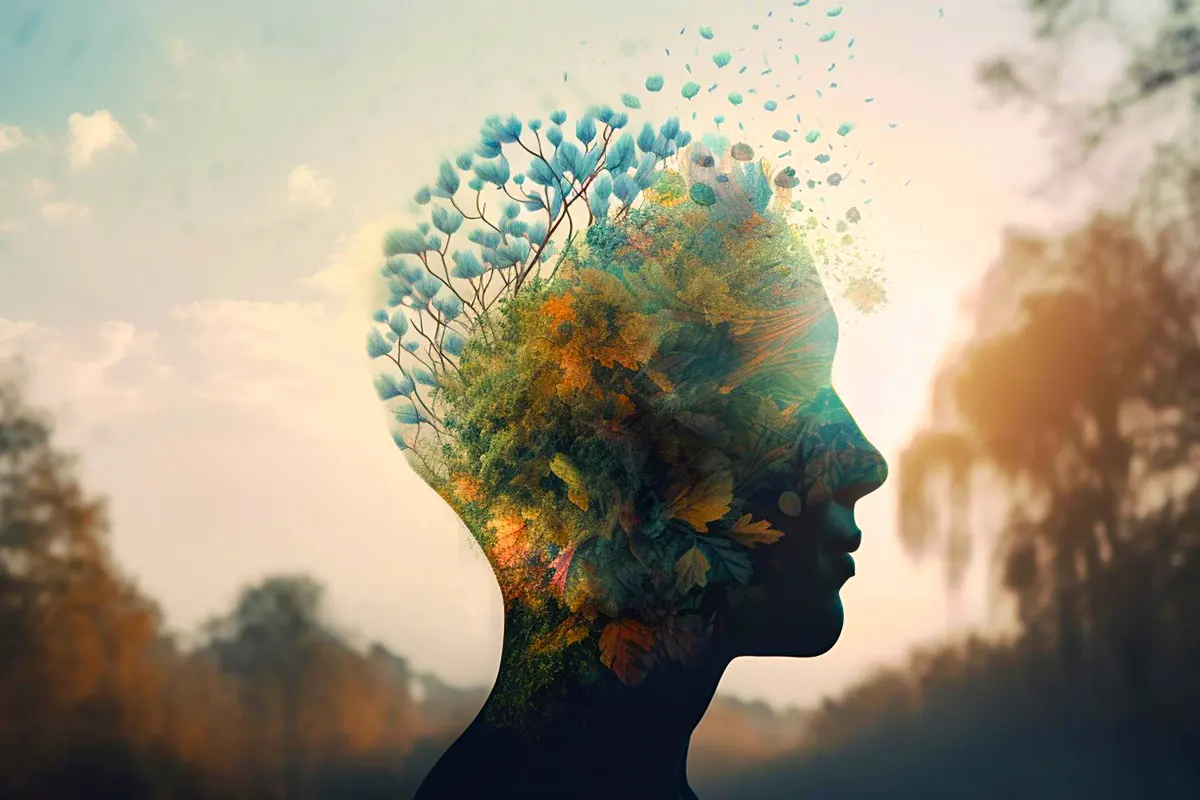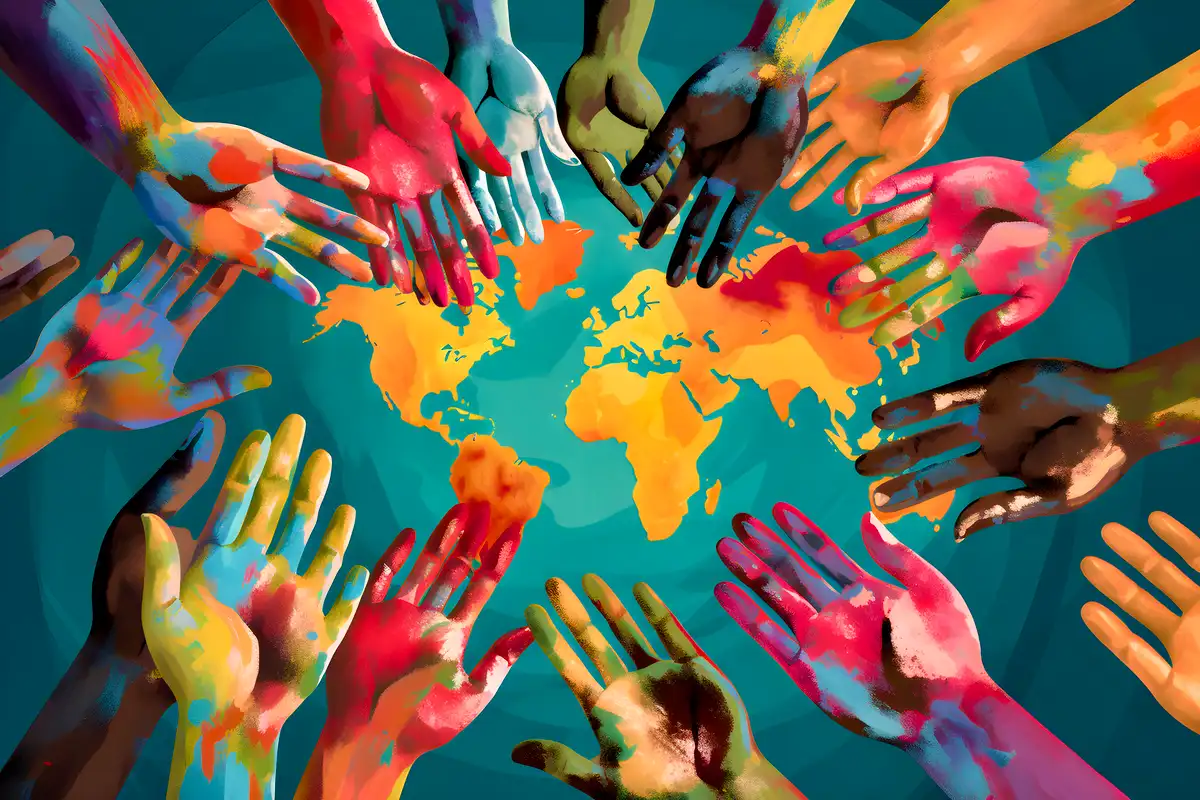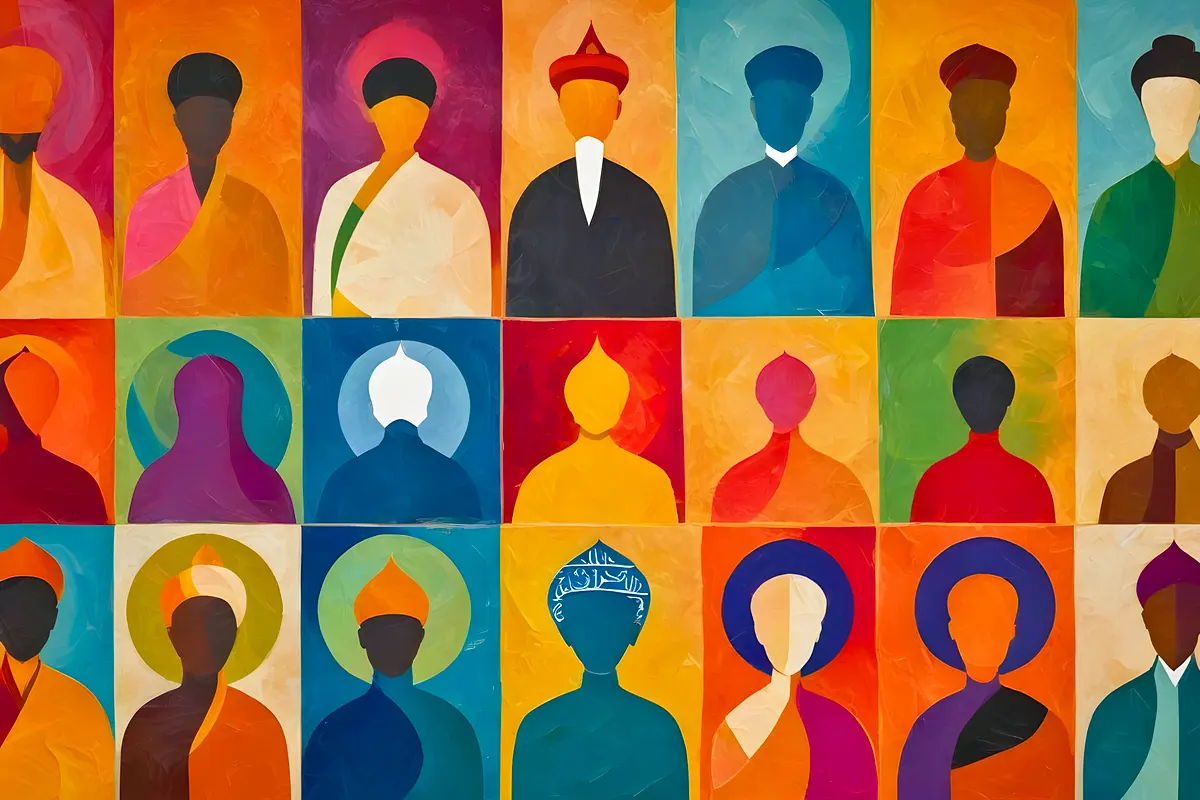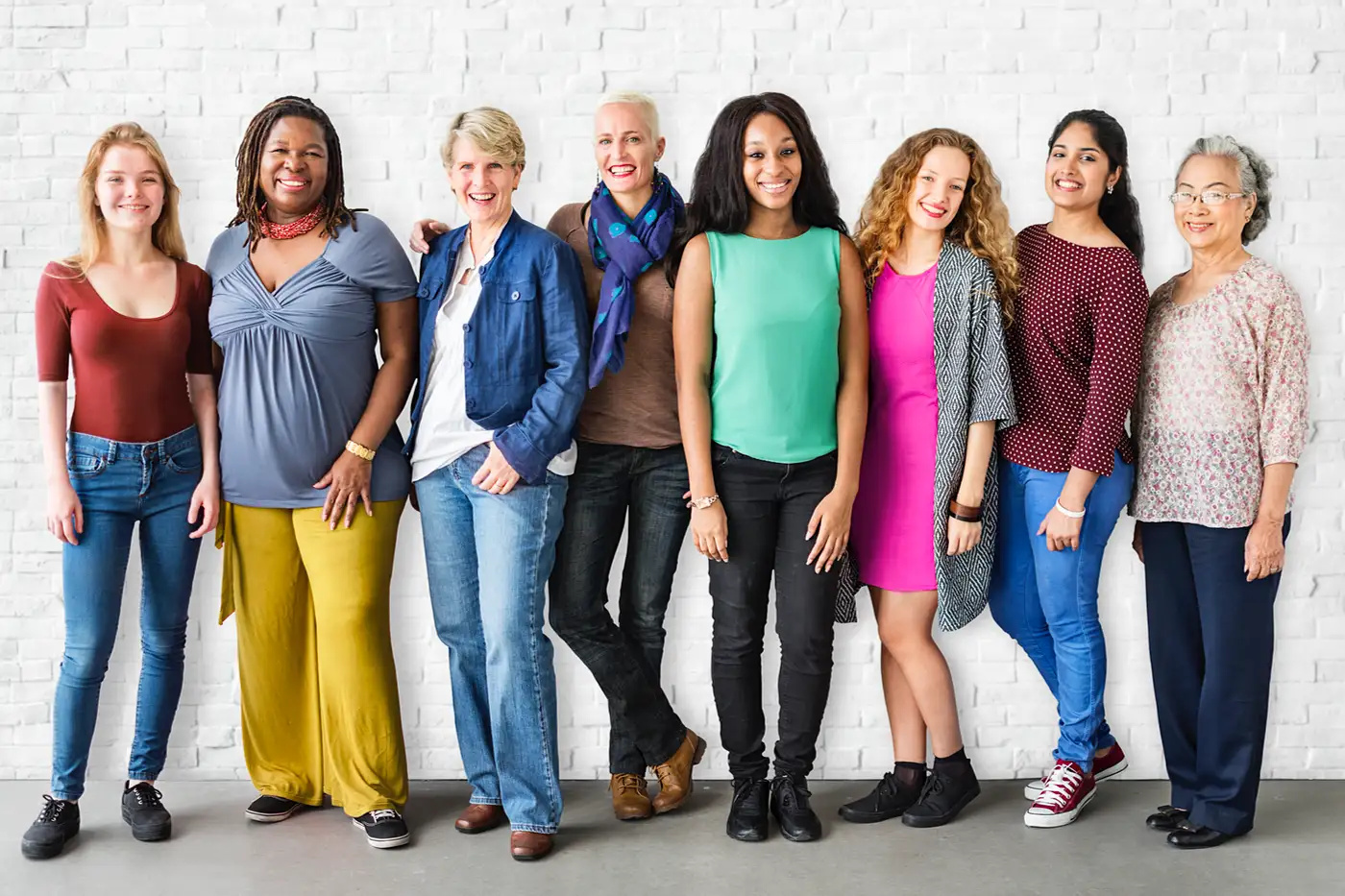7 Indigenous Teachings from Around the World
It feels like we’re living in a time of crisis, disconnection, and deep searching.
I don’t know about you, but most days it feels like we’re all trying to remember how to be human. How to live in a way that feels grounded, kind, connected. The more I learn, the more I’m reminded that a lot of those answers have been here all along.

For thousands of years, Indigenous peoples have lived with systems of knowledge that centre reciprocity, relationship, and respect. Ways of living that weren’t built for endless growth or hustle culture, but for harmony, survival, and care.
These teachings aren’t just philosophy or folklore. They’re practical. They speak to how we treat the land, how we treat each other, how we live and lead.
On International Day of the World’s Indigenous Peoples, here are seven teachings that feel especially worth sitting with. Not as slogans. But as prompts. As invitations. As things to keep coming back to.

1. The land is borrowed, not owned
“Toitū te whenua, whatungarongaro te tangata.”
As man disappears from sight, the land remains.
— Māori whakataukī (proverb)
Many Indigenous teachings emphasise that land is not something to be owned, but something we are in relationship with. In the Māori worldview, land is whakapapa—an ancestor. In Haudenosaunee and Cree teachings too, land is sacred, alive, and central to identity and responsibility.
To reflect on: What would shift if we saw land not as a commodity, but as something we owe care to? (And no, planting a few trees after a long-haul flight doesn’t count.)

2. Be a good ancestor
“I ngā wā ō mua”
The past is in front of us.
— Māori concept of time and ancestry
Many Indigenous communities consider decision-making through the lens of long-term impact – often looking seven generations ahead. Māori concepts of time view ancestors as guiding us from the front, not behind us. This isn’t about legacy in the Western sense. It’s about living in dialogue with what came before, and what comes next.
To reflect on: What do your actions today make possible for future generations? What are you tending that others will inherit?
3. Everything is connected
Mitákuye Oyás’iŋ
All are related.
— Lakota phrase and sacred worldview
This phrase isn’t a metaphor…it’s a way of life. It reminds us that all beings (human, animal, water, plant, spirit) are part of the same family. It shows up in many Indigenous teachings, including Diné, Anishinaabe, and Coast Salish cultures.
To reflect on: How do your choices ripple outward? Where can you act with more awareness of the web you’re part of?
4. Wealth is in what you give, not what you own
Among Indigenous peoples of the Northwest Coast of North America (including what is now British Columbia, Canada, southeastern Alaska, and parts of northern Washington State) potlatch ceremonies flipped the colonial idea of wealth. Leaders were respected not for what they kept, but for how much they gave away. Gifts, stories, titles, and food were shared in ceremonies that honoured generosity over accumulation.
To reflect on: What does generosity look like in your world? What would it mean to be “rich” in reciprocity?

5. Listen deeply before you speak
“Ko te kai a te rangatira he kōrero.”
The food of chiefs is dialogue.
— Māori whakataukī
In many Indigenous cultures, dialogue isn’t a performance, it’s a practice of listening, of pausing, of letting silence do some of the work. In Diné teachings, hózhó encompasses harmony, balance, and the kind of listening that heals.
To reflect on: Where do you need to slow down and truly listen: to others, to the land, to yourself?
6. Community before the individual
Across Indigenous governance systems, collective wellbeing is central. Decisions are made with input from elders, youth, and community members, not just individuals with the loudest voices. Care is circular, not transactional.
To reflect on: Where have you been prioritising independence over interdependence? What would shift if you knew you didn’t have to hold everything alone? (Spoiler: you don’t.)
7. Children carry the future
“Children are the purpose of life. We were once children and someone took care of us.”
— Dave Courchene (‘Nii Gaani Aki Inini), Anishinaabe Nation
In many Indigenous communities, children are seen as sacred beings with their own wisdom. The role of education is to support them in becoming who they already are, not mould them into something they’re not.
To reflect on: How are we honouring children as carriers of culture and possibility, not just future workers or test-takers? (And how often are we actually listening to them?)

Something to sit with
These teachings come from specific peoples, places, and lineages. They’re not universal truths or Pinterest quotes. They’re living knowledge systems that deserve care, context, and respect. They also offer something many of us are deeply craving: a more relational, grounded, meaningful way to move through the world.
So if something here landed with you, let it. Let it shift something. Let it stay.
And as you go, here’s a parting prayer from the Diné people, traditionally shared in the Blessingway ceremony, a ritual of healing, harmony, and guidance:
With beauty before me I walk.
With beauty behind me I walk.
With beauty above me I walk.
With beauty below me I walk.
With beauty all around me I walk.
It has become beauty again.
— From the Diné (Navajo) Blessingway
May your steps be thoughtful. May your care be ongoing. May your learning never stop.






































